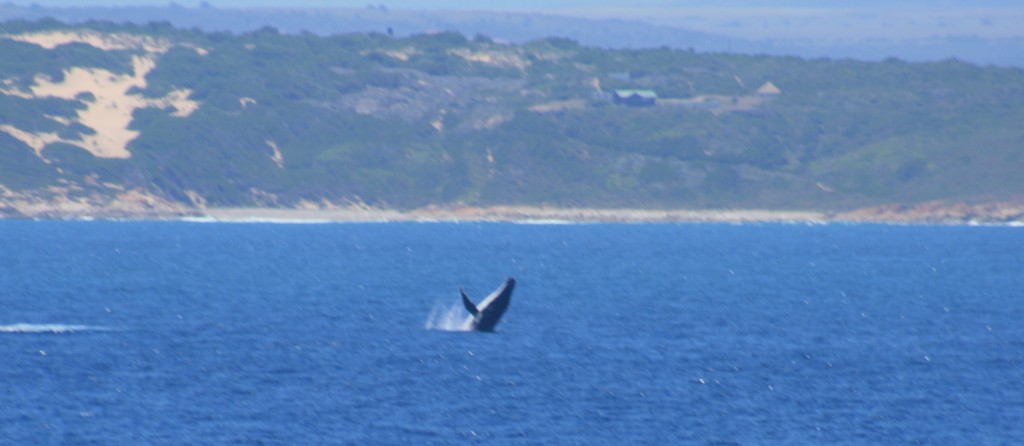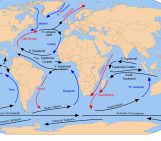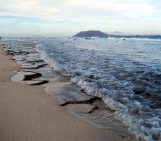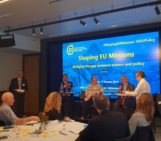In his final post from the Floating University, Jens Weiser shares what it’s like to be part of an oceanographic research cruise and sums up some of the best experiences he’s had on board…
I started this series asking whether anyone of you had ever thought about joining a research cruise. Now that this cruise is coming to an end, I can only strongly advise everyone who might have responded to that by shaking their head to think at least twice. The experiences I have had, the people I have met, and the things I have seen and learned cannot be valued high enough. The overall scientific outcome cannot be assessed yet, since we still have a lot of work ahead of us: far from all the samples have been counted, datasets have yet to be processed and there are still sediment cores to be opened. The practical work we’ve carried out during the cruise is not only interesting but also opens your eyes towards why datasets are rarely perfect and gapless, why a samples from certain depths can be missing or why a core is not as long as you might want it to be. And of course, it has shown what a remarkable amount of work is needed to get these raw data in the first place.
From a more personal point of view the new insights are just as valuable. Meeting people from another place is almost always a rewarding experience, but having a common (scientific) starting point for sharing your thoughts gives you a whole lot of other ideas and ways to think about whatever nut there is to crack.
But of course we did not only talk and discuss research, but spent the last days on board disassembling our gear and packing our lab equipment back into the boxes and containers we unloaded them from before we set off. The containers will be send back to Germany and arrive there in approximately 6 weeks, when the whole game of unloading and unpacking will start over again. Yet this time we can also unpack bits and pieces of two of the most interesting regions in the world: the Agulhas region and the Namibian upwelling system, both of which are fascinating from a biological, oceanographical and geoscientific points of view. Seeing them with your own eyes, as I and the other students aboard the FS Meteor have been able to do, is probably one of the most valuable experiences to take home from the cruise, helping to get a hold of the gigantic puzzle we are all trying to put together.

A jumping humpback whale – just one of the great sights we encountered on this cruise (Credits: Volker Mohrholz)
By Jens Weiser, University of Bremen
Catch up on previous posts in the series here:



